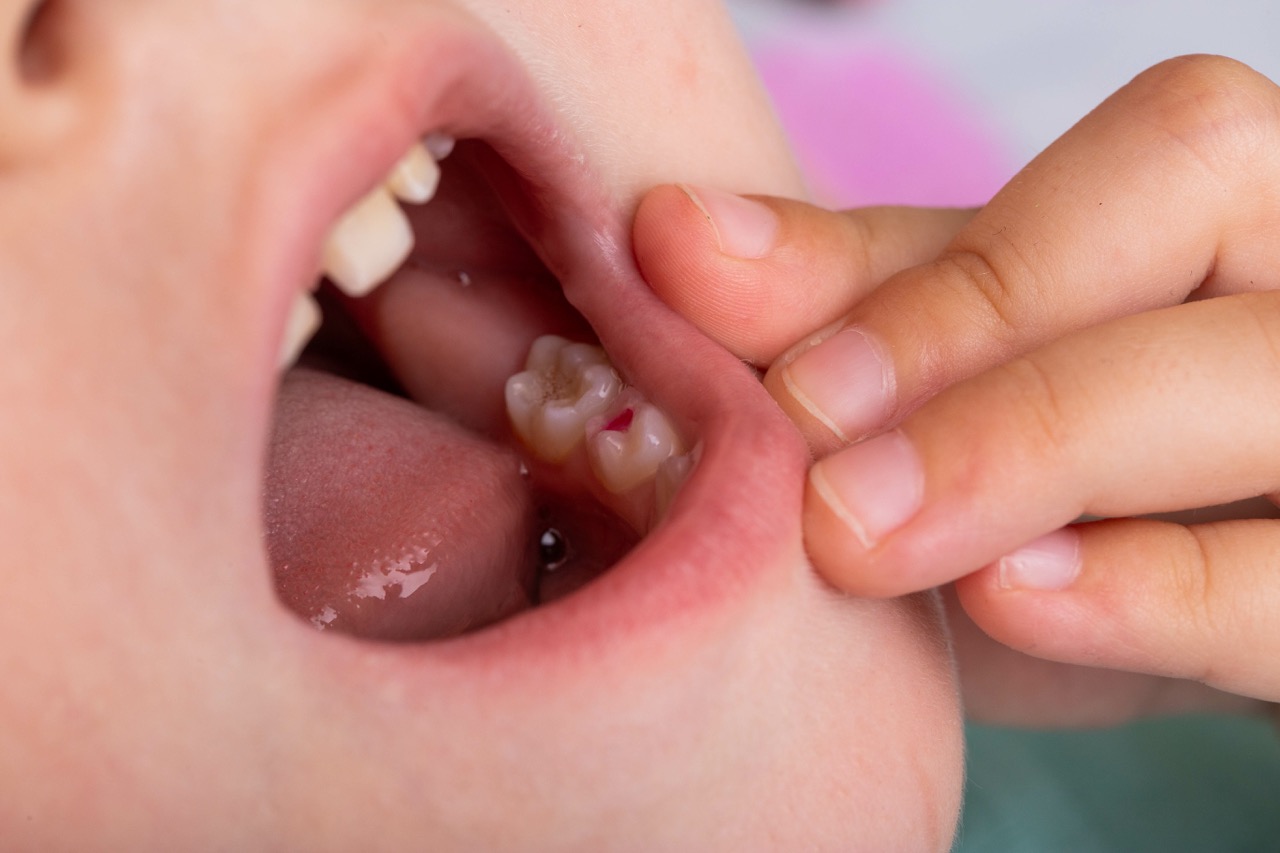As a parent, you want what’s best for your child, including oral health. One question we often hear from parents is whether baby teeth need fillings. Parents frequently inquire, “Do we really have to go through the process of filling a cavity if it’s just going to fall out one day?” Although your little one won’t hang onto their baby teeth forever, these pearly whites are significant for more than aesthetic reasons. They assist in speaking and eating correctly while keeping a space open for adult teeth. Moreover, they help guide the growth and alignment of our permanent chompers!
The answer? YES, Baby Teeth Fillings are worth it! Cavities in baby teeth can cause pain and lead to other dental problems in adult teeth. Let’s discuss cavities in baby teeth, how to treat them, and why keeping your child’s baby teeth healthy is important.
What are cavities?
Cavities are caused by bacteria in the mouth that feast on sugary and starchy food. Also known as dental caries, these are holes that occur in the teeth.
Getting a filling for cavities in baby teeth is important for your child’s oral health. It helps:
- Protect the Remaining Healthy Tooth Structure
- Promote healing and Minimize Pain
- Prevent Cavities from Spreading and Causing Further Damage to Adult Teeth
What impact can baby teeth have on adult teeth?
As newborns, humans are blessed with a set of teeth called deciduous or baby teeth. These baby teeth typically fall out by the time they reach 6 to 12 years old and are replaced by adult or permanent teeth – completing their smiling journey!
It’s essential to care for baby teeth as they can affect your child’s adult teeth too. Healthy baby teeth help guide the development and positioning of adult teeth. Baby teeth also help children develop proper speech habits, as well as allow them to chew food properly.
Fillings help ensure that your child’s baby teeth remain healthy and strong until their adult teeth are ready to come in. So, don’t hesitate to talk to your dentist about cavities in baby teeth – it’s worth it for your child’s oral health!
What Consequences Could Arise From Untreated Cavities?
If cavities are left untreated, they can cause the following problems:
- Discomfort and Tooth Pain
- Dental Infection
- Biological system and Overall Health
- Difficulties with Speaking and Eating
- Sensitivity to Hot and Cold Foods
If a cavity in your child’s baby tooth is left untreated, the decay will only worsen. Eventually, their little tooth may become so weakened that it needs to be removed – meaning they would require a dental spacer to keep the spot open for their adult teeth.
How Can You Tell if Your Child Has a Cavity?
If your child is exhibiting signs of sensitivity or pain in their mouth, it may be an indication of a cavity forming. Observe the following signs of dental caries:
- Hole or Pit in the Tooth
- Stains
- Sensitive to Hot and Cold
- Sensitive to Sweets
- Toothache
Dental Filling Procedure
It’s essential to treat cavities in baby teeth as soon as possible. That being said, fillings for cavities is a relatively simple and straightforward procedure. A dentist will clean the cavity and then fill it with a tooth-colored material called composite resin. The filling helps restore the tooth’s shape, size, strength, and function.
Nitrous oxide-oxygen, also known as “Laughing Gas,” may be suggested to help your child through their fillings. The gas relaxes mildly anxious children, taking away any worries or stress they have about the procedure so that they remain calmer and more at ease during treatment.
Prevention
A balanced diet and regular dental hygiene practices are essential for maintaining your child’s oral health. Make sure to encourage your little ones to brush their teeth at least three times a day or after each meal, while teaching them how to floss in order to effectively remove plaque from between the teeth. Additionally, it is important that you visit the dentist with your kid every six months; early detection of cavities means easier treatment.





